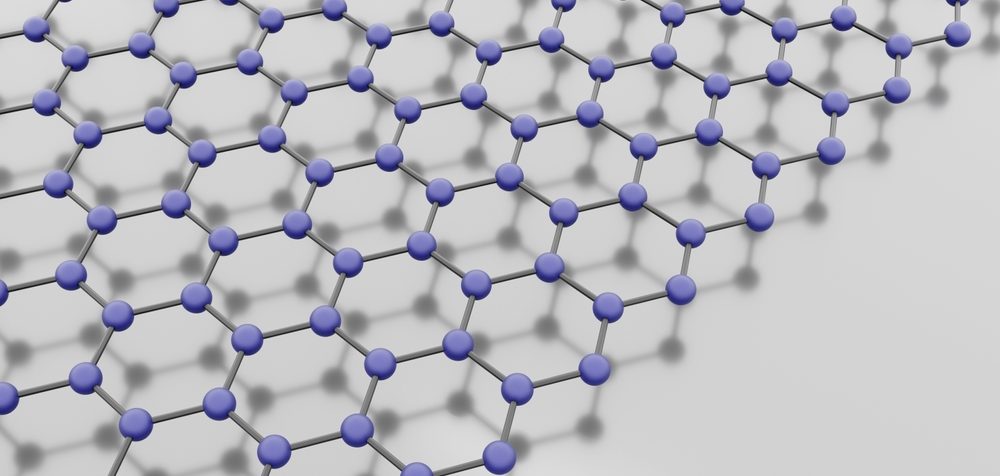
Researchers at the Institute for Future Materials and Systems and the Department of Materials Chemistry at Nagoya University have synthesized the thinnest-ever barium titanate (BaTiO3) nanosheets – with a thickness of 1.8 nm. As thickness is related to functionality, this will enable the further miniaturization of devices and could lead to new properties and applications.
One of the challenges faced when creating extremely thin sheets is the “size effect” issue – where ferroelectric properties disappear as the material’s thickness is reduced to a few nanometers.
“However, for BaTiO3, a typical ferroelectric material, it is difficult to synthesize nanosheets by the conventional synthetic method. Therefore, it was necessary to develop a new synthetic method,” team leader, Professor Minoru Osada, said. “Generally, the synthesis of BaTiO3 requires a calcination process that requires temperatures of 1000°C or higher. In contrast, we synthesized BaTiO3 nanosheets at a low temperature of 60°C using our process. Since the thickness of the film can be controlled using this method by varying the reaction time, the synthesis of nanosheets with two to six lattices was achieved.”
“If nanosheets with a thickness of a few nanometers can be synthesized in ferroelectrics, new properties and applications are expected to be discovered. Our findings should provide an important technique for the miniaturization of devices such as memories and capacitors,” he added. “As existing technologies have already reached their limits both in terms of both materials and processes, techniques such as ours are essential. They offer a dramatic increase in performance and technological innovation by the means of new materials and processes.”
